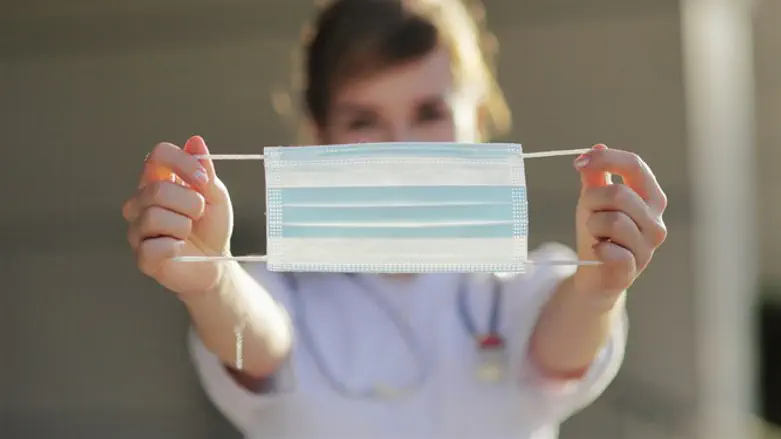
Children can carry coronavirus in their noses and throats for weeks even if they don't show any symptoms, which might explain how the virus can spread silently, researchers in South Korea reported Friday.
"In this case series study, inapparent infections in children may have been associated with silent COVID-19 transmission in the community," the researchers wrote in a new study, according to CNN.
"Interestingly, this study aligns with adult data in which up to 40% of adults may remain asymptomatic in the face of infection," Dr. Roberta DeBiasi and Dr. Meghan Delaney, both of Children's National Hospital in Washington, DC, wrote in an accompanying editorial. Neither was involved in the research.
"In this study, the authors estimate that 85 infected children (93%) would have been missed using a testing strategy focused on testing of symptomatic patients alone," they wrote.
The study comes out at a time when the US Centers for Disease Control and Prevention has been criticized for changing its guidelines on asymptomatic testing, which the American Academy of Pediatrics called "a dangerous step backward" in a statement on Friday.
In the CDC's updated guidelines, some people without symptoms may not need to be tested, even if they've been in close contact with someone known to have the virus.
This newly released research adds more evidence as to why casting a wide net when it comes to contact tracing is a key strategy to mitigate viral spread.
The study, published in the journal JAMA Pediatrics on Friday, included data on 91 asymptomatic, presymptomatic and symptomatic children diagnosed with COVID-19 between February 18 and March 31 at 22 centers throughout South Korea.
Among those patients, 20 of them -- or 22% -- did not show any obvious symptoms and remained asymptomatic throughout the study.
Another 18 children -- or 20% -- were presymptomatic, meaning they didn't look or feel sick at the time but eventually got symptoms later.
In total, more than half of the children -- 71 kids or 78% -- did show symptoms, which included fever, cough, diarrhea, abdominal pain and loss of smell or taste, among other symptoms. The duration of the symptoms appeared to vary, ranging from one to 36 days.
The data showed that only 8.5% of those patients with symptoms were diagnosed with COVID-19 at the time their symptoms began. Most -- 66.2% -- of the patients with symptoms had symptoms that were not recognized before they were diagnosed, and 25.4% developed symptoms after they were diagnosed.
More research also is needed to determine whether similar findings would emerge among a larger group of children from other parts of the world.
